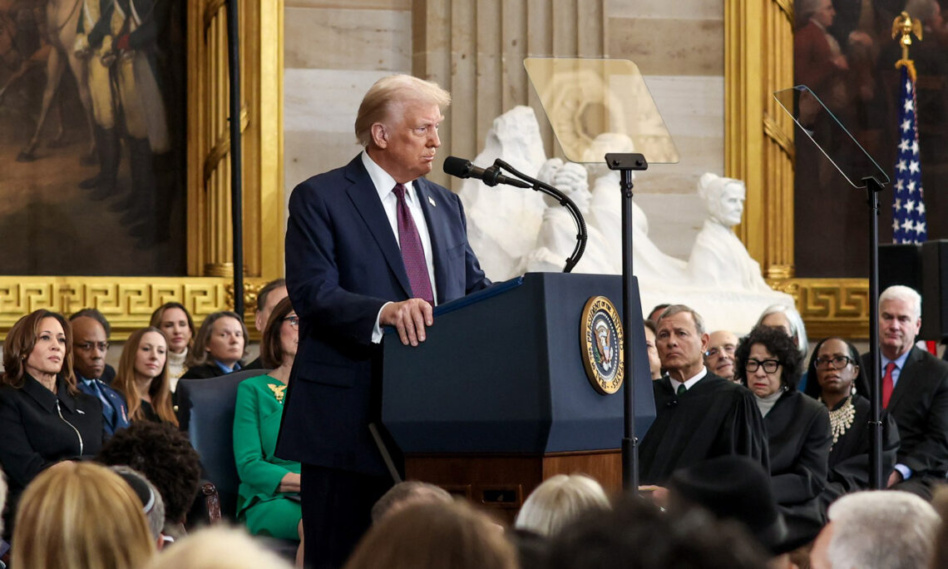The weeks-long will they, won’t they on tariffs was finally answered last week when the Trump administration imposed 10% baseline tariffs on all goods imported to the US.
More details: The White House imposed higher tariffs on dozens of trading partners, including a 34% tariff on China (on top of an earlier 20% markup) and a 20% fee on the European Union.
Nations are continuing to implement retaliatory tariffs in response. On Friday, China announced its own 34% tariff on goods imported from the US would begin on April 10. That action sent the stock market into a tumble.
The space effect: It’s too soon to predict any direct impact on the space industry, which is set up to be highly regulated around specific, slow moving government regulations. That’s at odds with the discussion about tariffs, which have been happening for just a couple of months.
“In the aerospace industry, costs get passed along into the marketspace…Is the market going to bear that cost increase? Right now, it’s a lot of philosophical kinds of uncertainty,” said Ed Dodd, VP of business development at Cofactr, a procurement and logistics management startup. “We’re 60 days into the tariff discussion. The industry is not set up to move that fast.”
Defense programs are already largely required to rely on domestically made parts. However, supply chains are deep and many companies work with nations such as Canada and Europe—long-time trusted partners of the US that now face tariffs.
New kids on the block: Startups could bear the brunt of the harm of rising costs of parts induced by tariffs, according to Dodd. While legacy primes can absorb these costs into cost-plus contracts with government customers, startups generally work with the government under fixed-price contracts.
“They’re going to be faced with a choice. They either complete the contract on a loss…or back out of the contract,” Dodd said of startups. “In the government world, past performance is king…If I back out of a contract, will I get the next one?”
The good news: The certainty loving aerospace industry can now at least begin to plan for the tariffs, which have been on-again, off-again for much of Trump’s presidency.
“Instability is a nightmare. If you don’t know what’s happening, you can’t plan, you can’t execute,” Phillip Gulley, Cofactr’s cofounder and chief strategy officer, told Payload. “Feeling the pain and making the change, even if that pain is horrible, is actionable.”
Gulley also said companies are more open to meeting with new vendors to keep their options open. Firms are also eager to understand in which country parts are manufactured—and where there are vulnerabilities to tariffs.
Doom and gloom: What’s the worst that could happen? “Existential threat,” according to Gulley.
He spelled out a series of events that could lead to big trouble for the US industrial base—and for America’s competitiveness in space and national security more broadly.
- A company’s costs of production go up.
- The company raises its prices for its hardware.
- The customer (largely the government, in this sector) refuses to pay the higher price.
- The company stops making its product.
“There’s a threshold where the business model for this very direct product doesn’t work anymore,” he said. “It’s an existential threat and the company goes away.”





